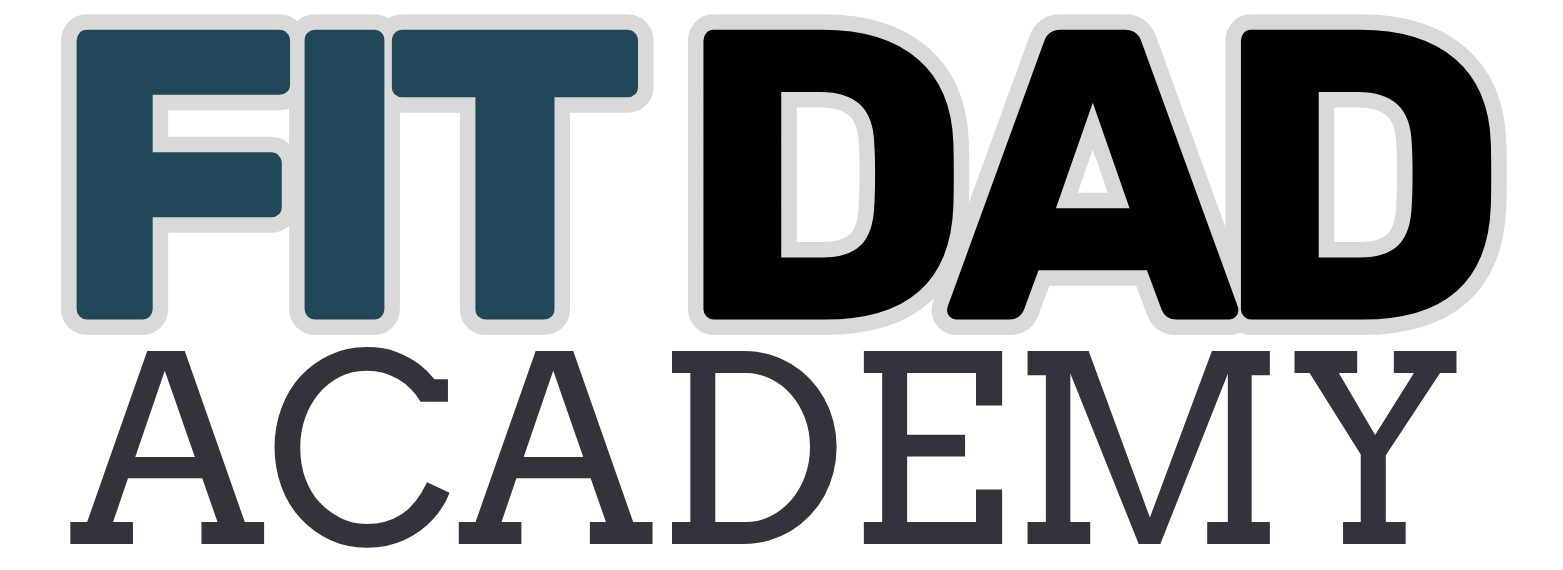It’s time to talk about two little known hormones that are running the show when it comes to your hunger and cravings: Leptin and Ghrelin.
They might sound like they’ve come straight out of Middle Earth, but these two aren’t fury cuddly creatures, or wizards—they’re in charge of your appetite.
And if you’re not getting quality sleep, they’re probably causing you some grief.
Do you every wonder why some days you go without eating and don’t really notice and then others you feel like your possessed and cant stop shoving food in your mouth?
Let’s have a look at why this happens.
Meet Leptin and Ghrelin
Here’s what you need to know:
Leptin
This is the "stop" signal. It tells your brain, “Mate, you’re full. Put the fork down.”
Ghrelin
This is the "go" signal. It’s the one whispering, “Oi, you’re hungry. Grab that doughnut, oh and while you’re up get a can of Lilt as well.”
When these two are working in harmony, life is good.
You eat when you start to feel hungry, stop when you start to feel full, your appetite, and food intake is balanced and it's easy to manage.
But when poor and disrupted sleep gets involved?
Chaos can break out.
What Happens When Sleep Goes to Pot?
Here’s what poor sleep does to these two hunger hormones:
The first thing that can happen is...
Leptin Resistance: The “stop eating” signal gets weaker. Your brain doesn’t get the memo that you’re full, so you keep eating. {1}
Then this leads to...
Ghrelin Overload: The “you’re hungry” signal goes into overdrive. Your body tells you brain you need to eat more, even when you don’t. {2}
The result? A one-two punch that leaves you eating like it’s an Olympic sport, with no finish line in sight.
If you’re chronically sleep deprived, this hormonal mess can have you pillaging the kitchen at all hours, mindlessly munching away your desk, never really feeling full and wondering why your progress is stalling.
What’s the Damage?
Here’s a recap of what happens when your sleep takes a nosedive:
Higher Resting Blood Sugar Levels: Your body’s ability to manage sugar efficiently goes down the toilet.
Spike in Sugar Cravings: You’ll start reaching for the cookies, crisps, and all the wrong stuff to get the quick energy hit your body and brain needs.
Increased Hunger: You feel hungrier, more often, even when you don’t need the calories.
Lack of Fullness: That “I’m done” feeling? Nowhere to be found. You just keep eating.
These are unbelievable skills if you’re auditioning for Man vs. Food, but for anyone serious about improving their health, wellbeing and battering their fitness goals, they’re a disaster, and willpower will never be enough to conquer.
The Good News? There’s a Fix
All hope isn’t lost mate. In Step 8: Get to Bed - Part 3, I’m bringing you actionable solutions to get your sleep back on track and your appetite under control.
We’ll dive into simple strategies to nurse your sleep habits back to health, balance Leptin and Ghrelin, and finally put those late-night cravings to bed (pun 100% intended).
Get there with an open mind and ready for some actionable strategies.
See you in Part 3 mate!
Before you get there get your Part 2: Quiz boxed off.
The Takeaway
The Takeaway
Leptin tells you to stop eating, and Ghrelin tells you to eat.
Poor sleep messes with both, leaving you eating more than you need and never feeling full.
Disrupted sleep can lead to:
Higher blood sugar levels.
Increased sugar cravings.
More frequent hunger pangs.
An inability to feel full, causing overeating.
These hormonal imbalances can sabotage your health and fitness goals, but there’s a way out.
In Step 8: Part 3, you’ll learn practical steps to fix your sleep and get these hormones back in check.
Take a deep breath, and let’s tackle it together mate.

